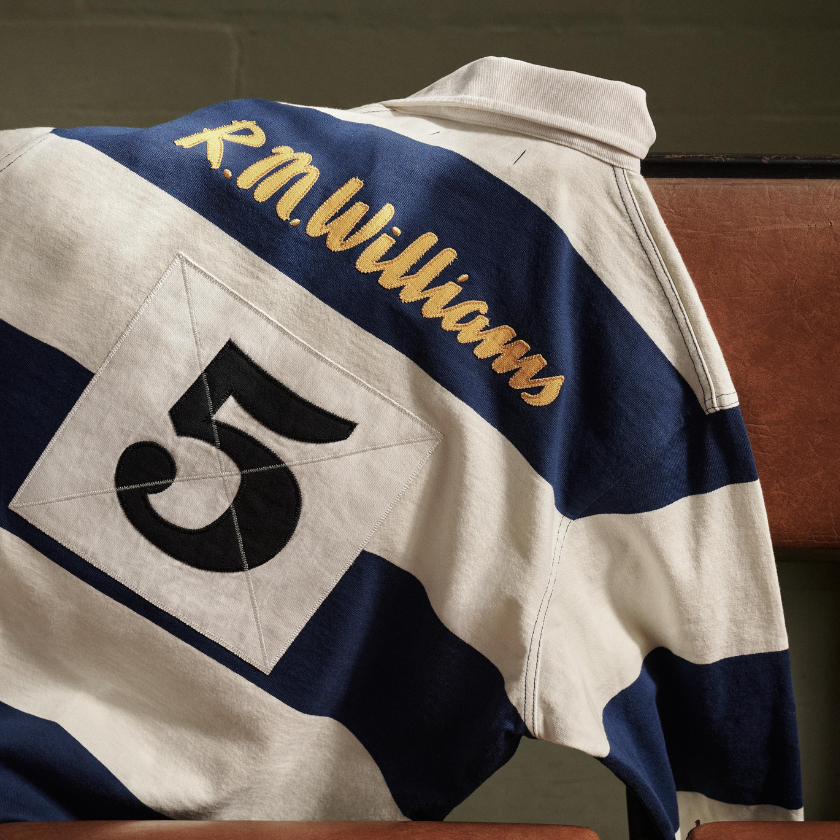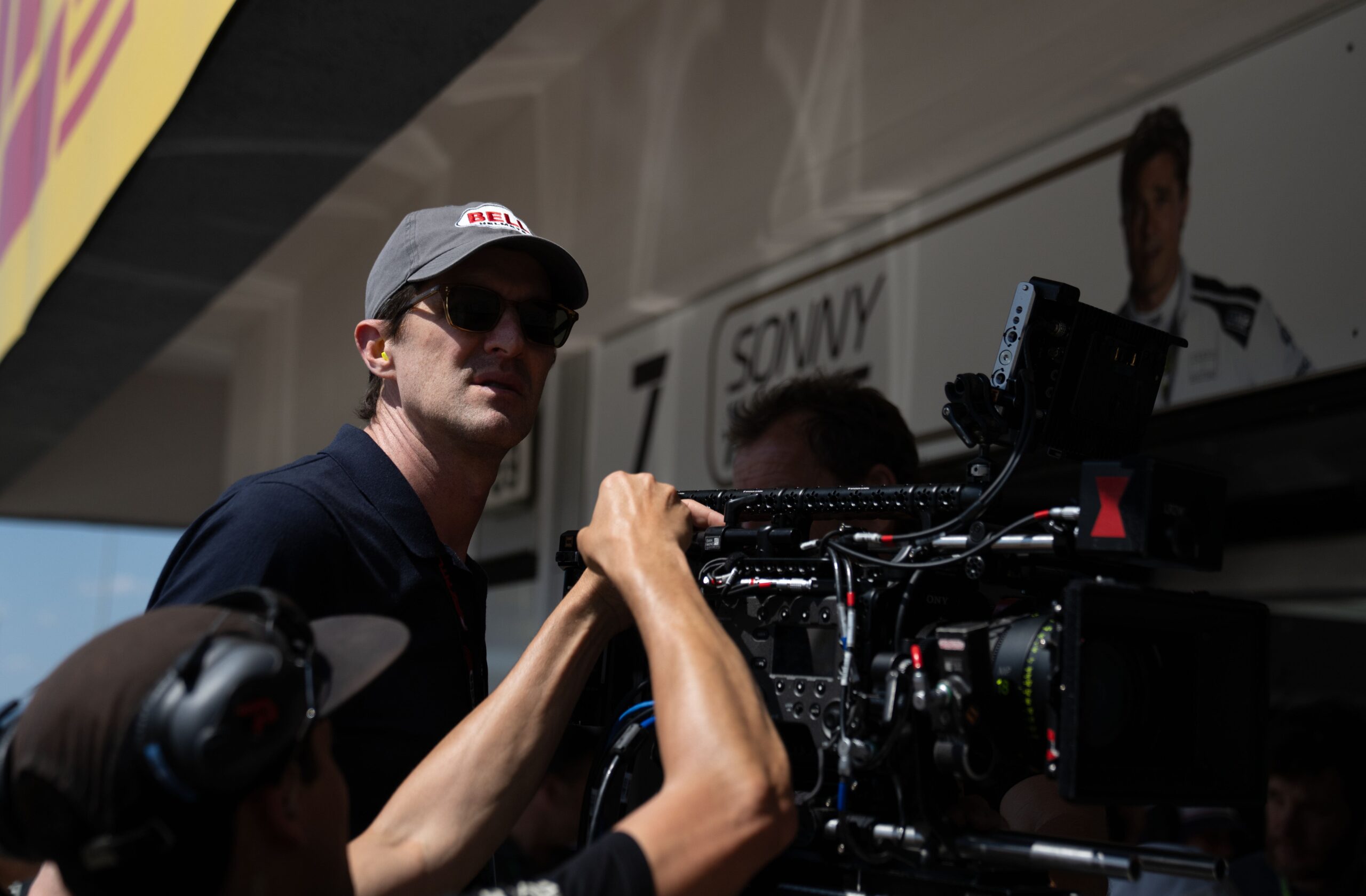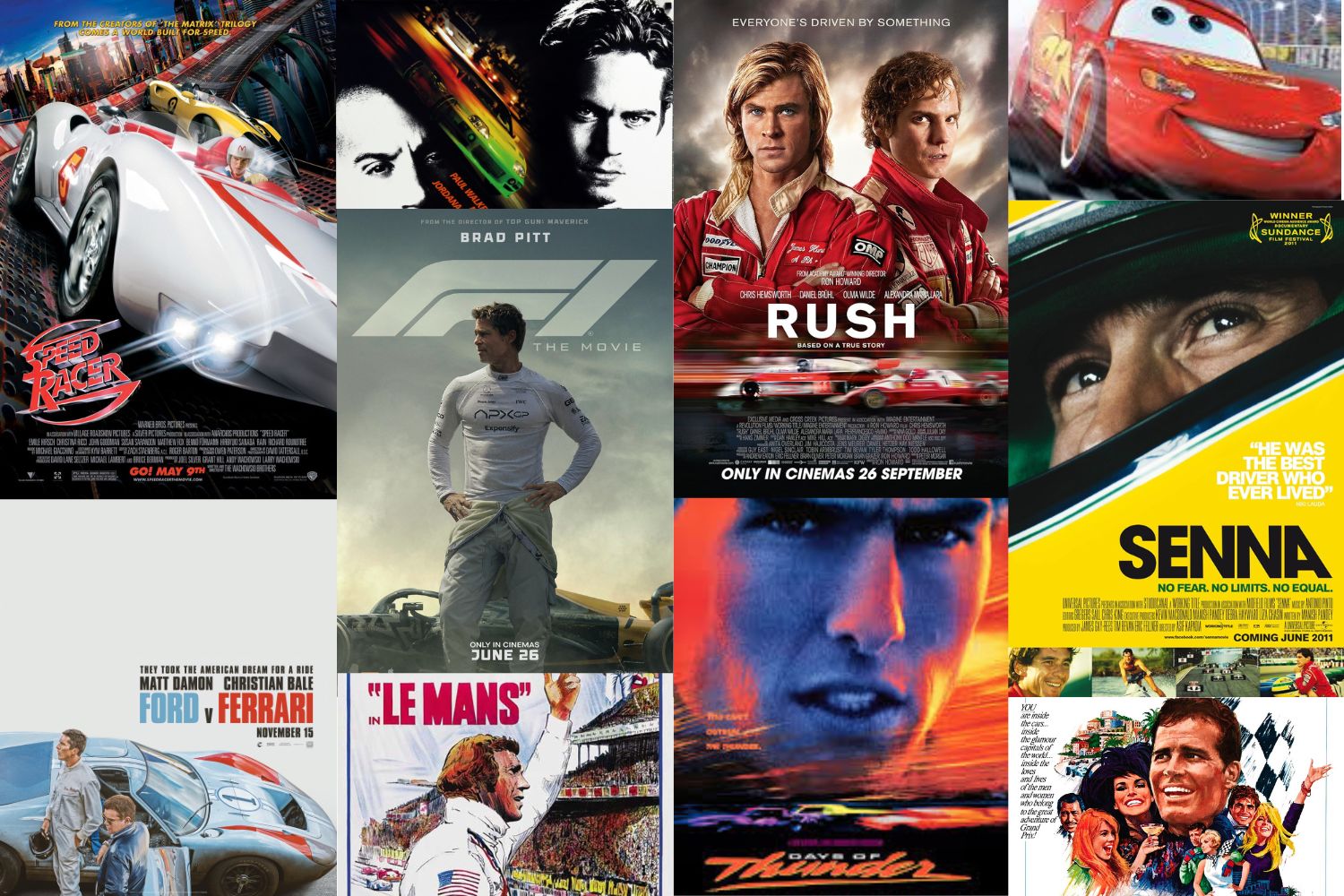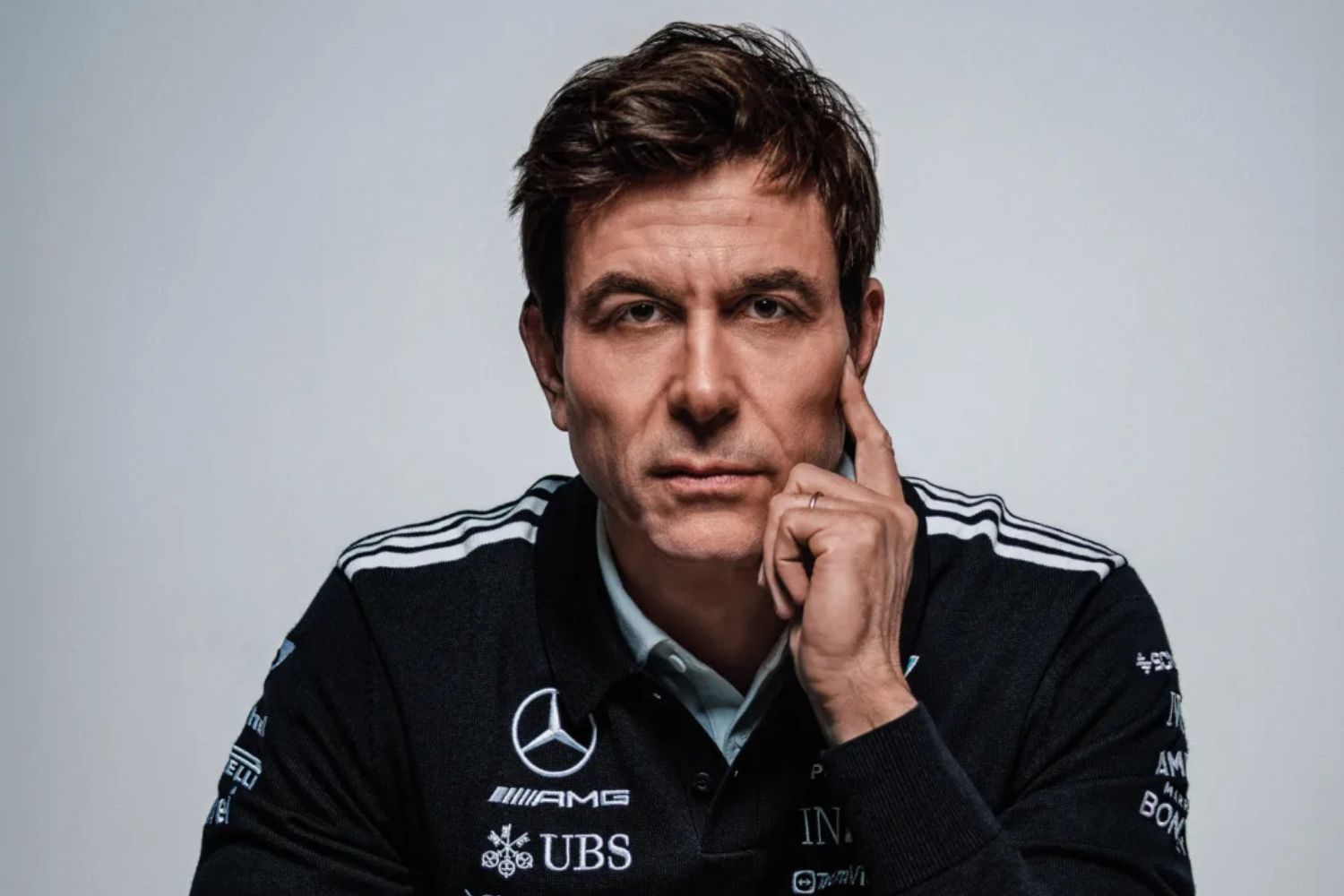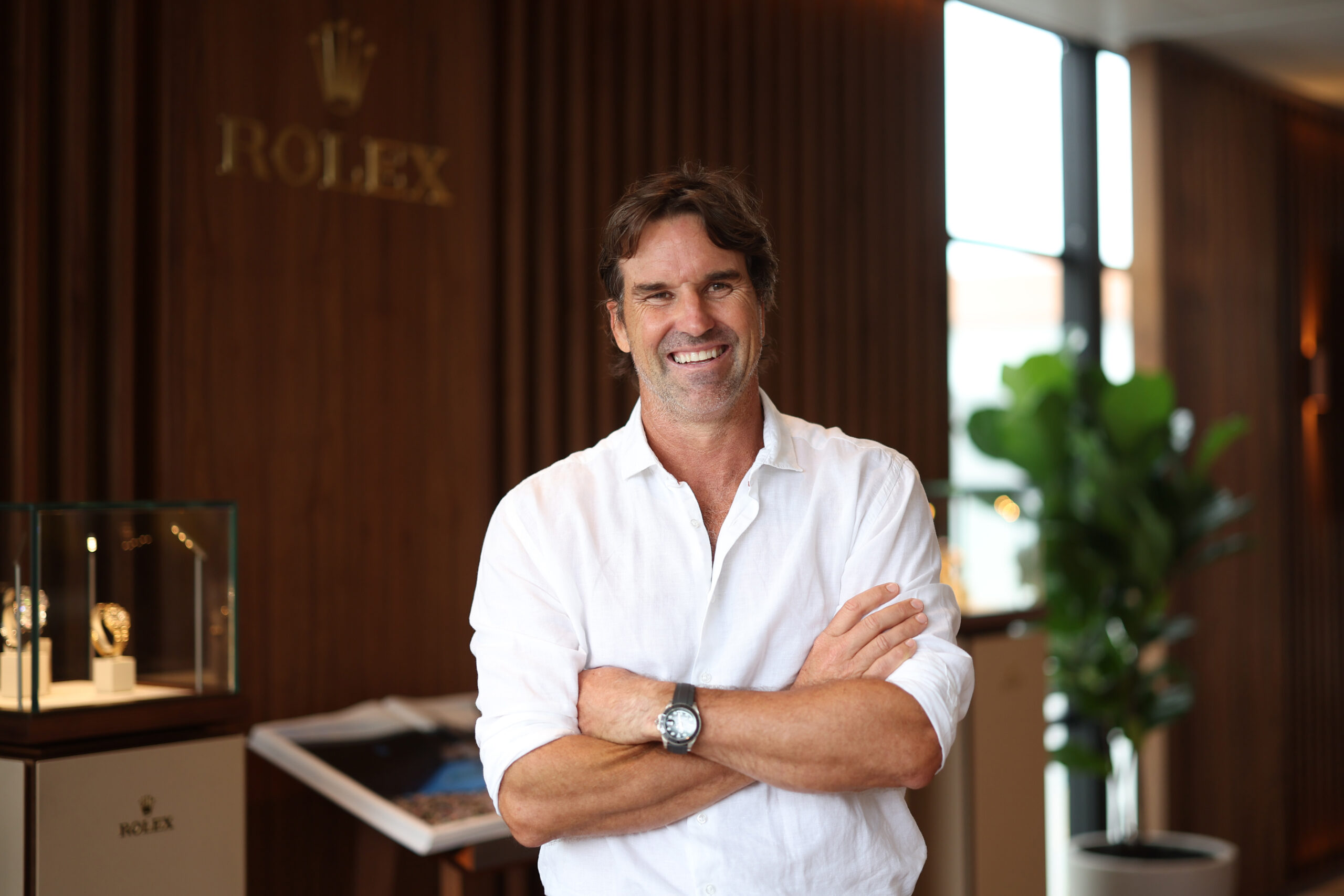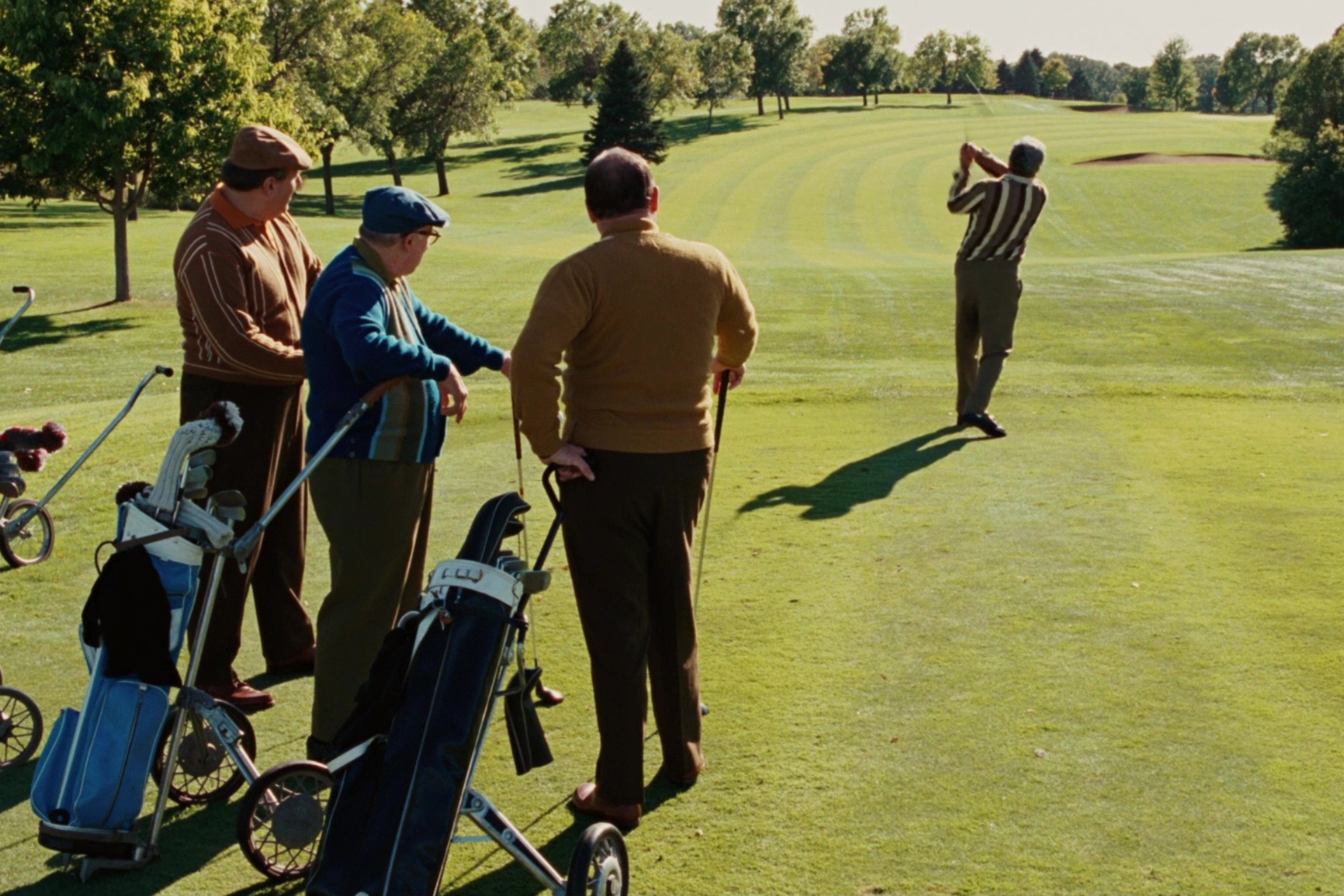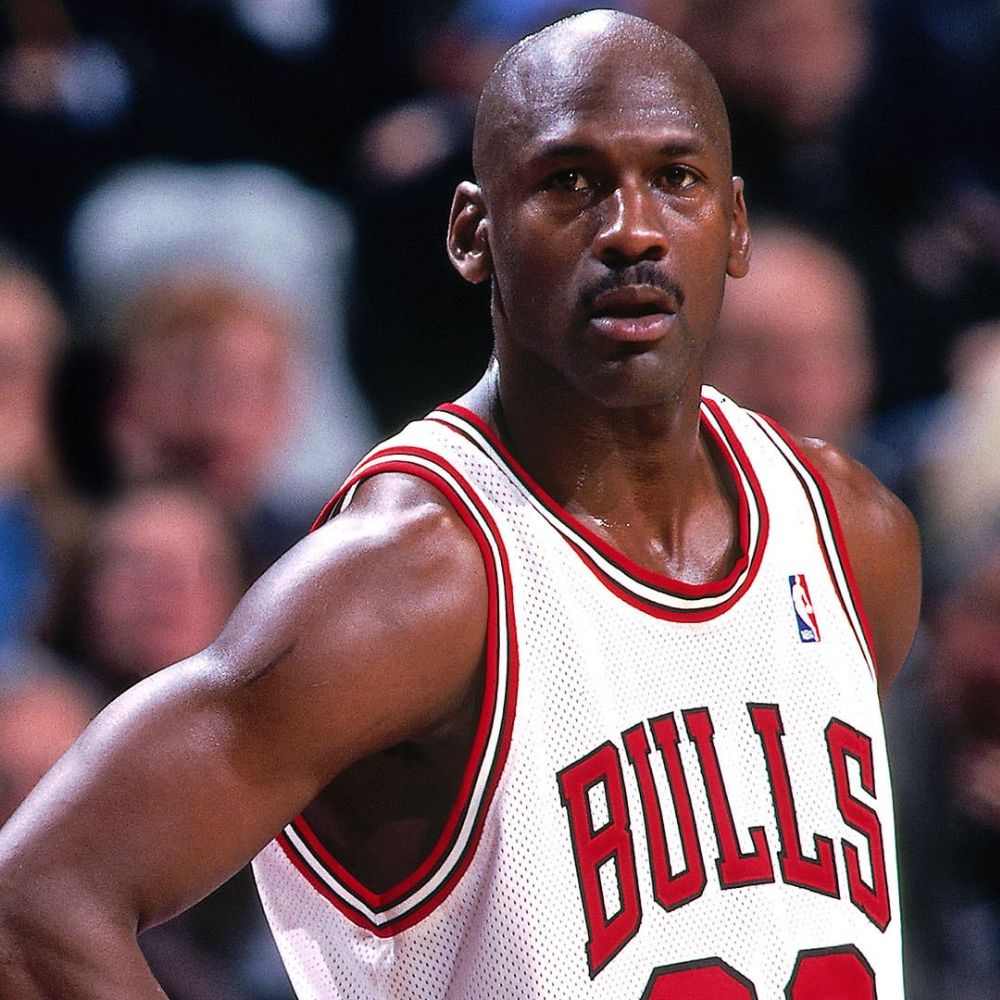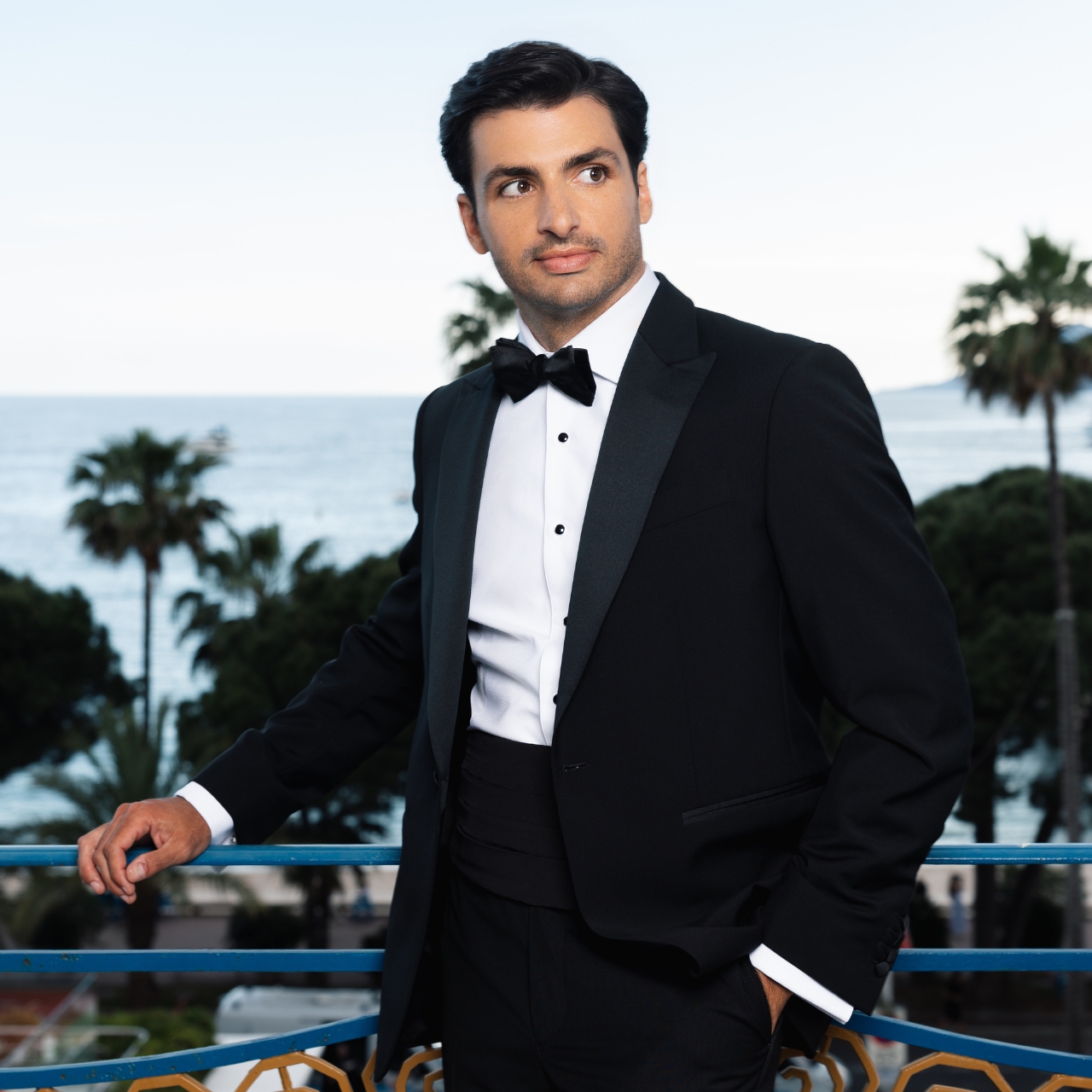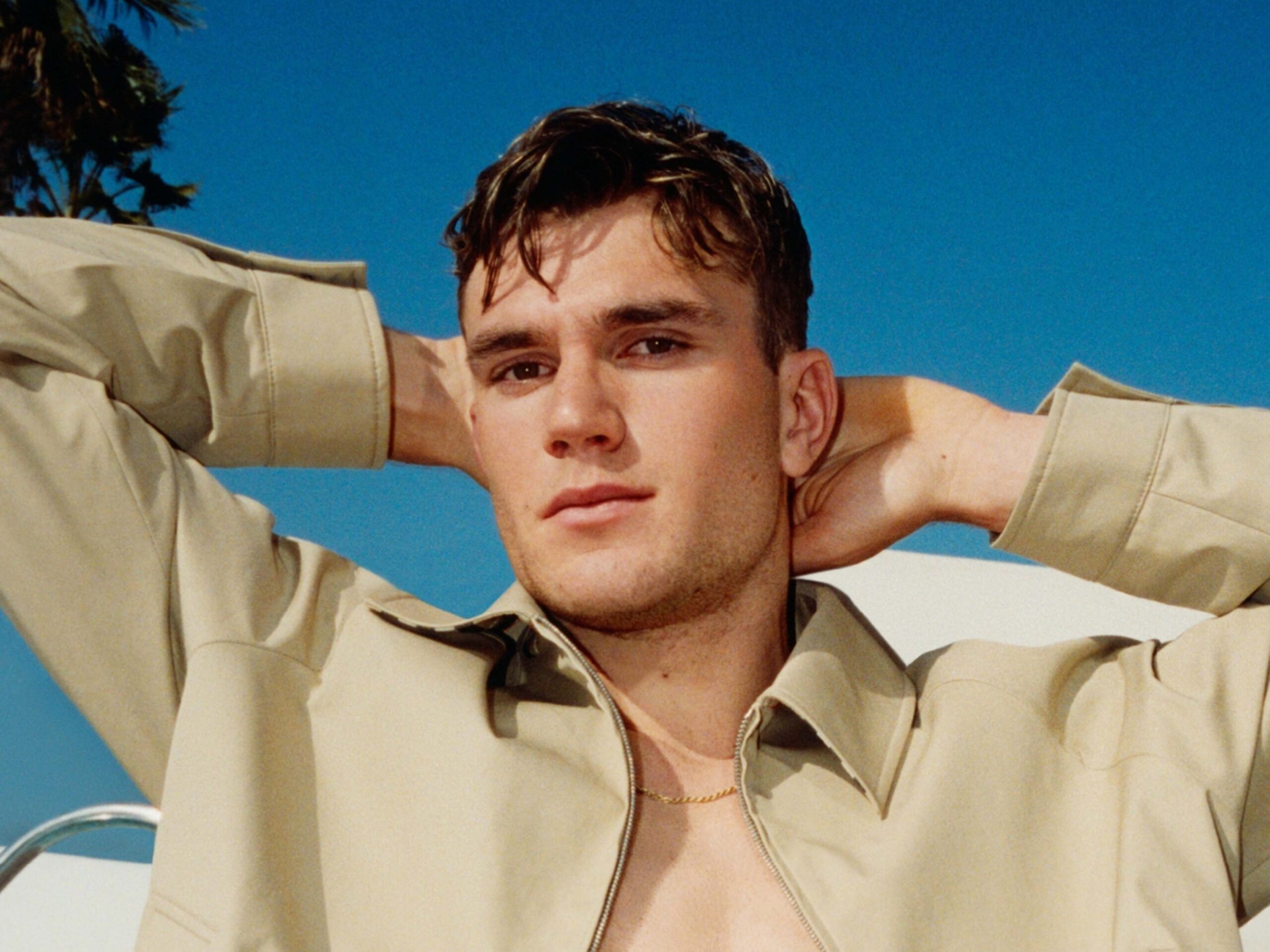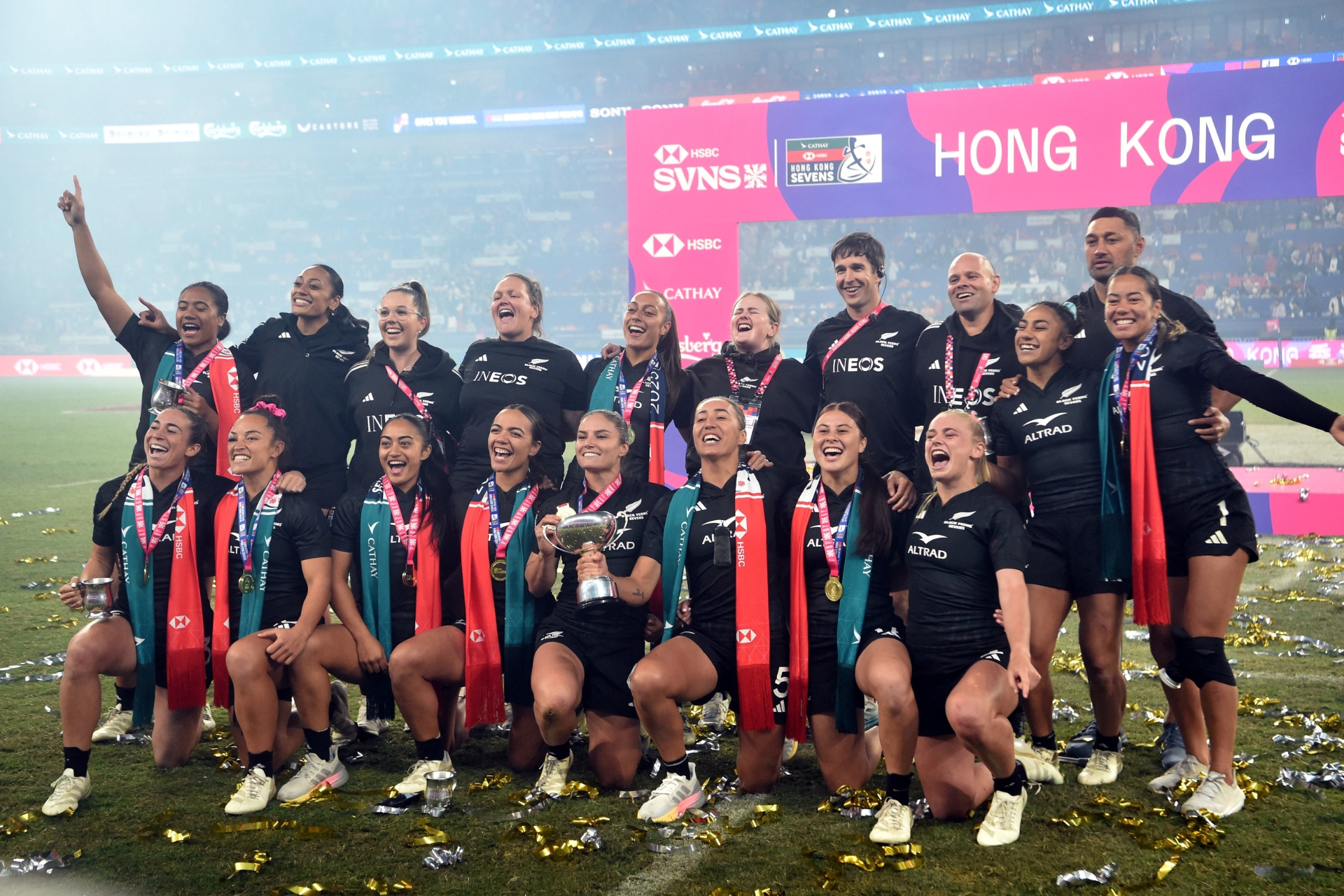Novak Djokovic just had a Muhammad Ali moment
Like a heavyweight fighting his way out of trouble, the tennis great pushed beyond himself to overcome the scorching Cincinnati heat, defeat his fearsome young rival, Carlos Alcaraz—and show us the true measure of his greatness.
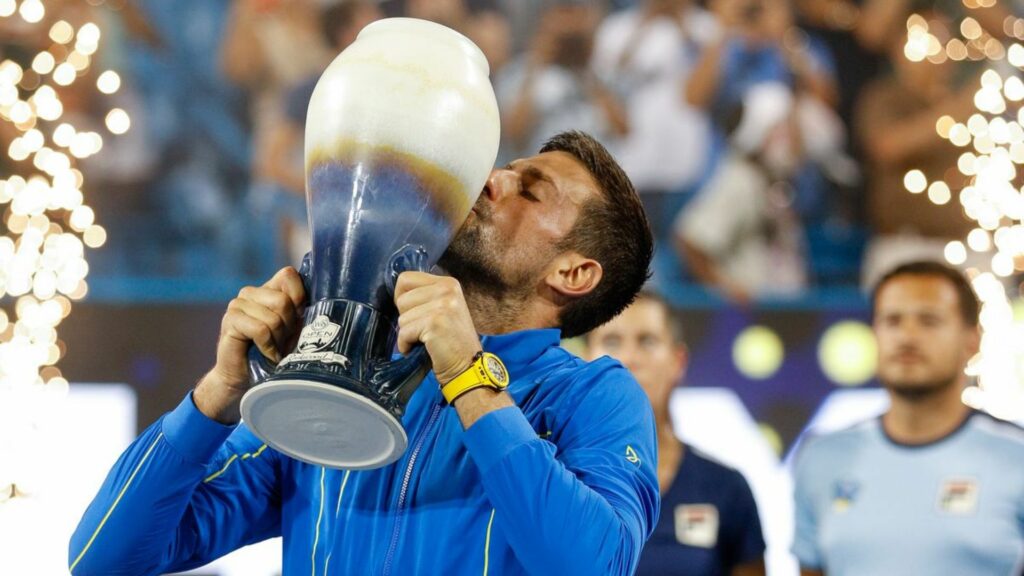
WHEN MUHAMMAD ALI was young, the question that surrounded him was about seriousness: How serious a fighter was he, really? Sure, he could dance and slash, appear and disappear at will, float like a butterfly and sting like a bee, all that stuff, but boxing is not a sport for butterflies. Over rounds and years, the legs grow weary and the reflexes dull and the hardest question is asked: Will you go on? Can you go on?
“Everybody has a plan,” Mike Tyson famously said, “until they get punched in the mouth,” a brilliant thought laden with irony because Tyson himself had a plan until Buster Douglas knocked the mouthpiece clean out of his mouth.
Ali’s lasting greatness, it turned out, was his seriousness. There was no dancing when Joe Frazier landed another left hook in the final rounds of the Thrilla. There was no stinging as he endured the most ferocious windmill of punches George Foreman could produce in Zaire. There was no floating when Ken Norton broke his jaw. That was when we saw Ali naked, without butterfly wings, and what we saw was a serious man who refused to yield. That’s what made him The Greatest.
There was every reason on Sunday for Novak Djokovic to yield in Cincinnati. This wasn’t a grand slam final. This wasn’t a grand slam at all. This was an important tournament, to be sure, a Masters 1000, the next level down from the slams. But what are Masters 1000s to Novak Djokovic at this stage of his career? He had won THIRTY-EIGHT of them. Of course, that’s the record. He is the only player in the history of tennis to win all eight Masters 1000 tournaments—and he won each of the eight at least twice, including Cincinnati. Heck, he skipped last week’s Masters 1000 in Toronto. There is nothing left to do here.
Djokovic staggered. The heat got to him. He could barely move.
He has admitted as much—Djokovic at this point is playing for majors, playing for history, playing to win the Australian Open, the French Open, Wimbledon and the U.S. Open. That is all. Everything in his scheduling, his training, his mental, physical and emotional preparation is geared to win one of the biggest four tennis tournaments on earth. That’s a familiar thing. That’s how Tiger and Jack were in golf, and that’s how Rafa and Roger and Serena and Pistol Pete were in tennis. The othertournamentswere there for tuning up, sharpening the senses, getting the body ready. Nothing more. Nothing less.
This is more true about Cincinnati, probably, than any other tournament. Cincinnati has long been a week or so before the U.S. Open, which might be the most grueling of all the Grand Slams, with the heat and the raucous New York crowds, and the late-night matches. The last man to win Cincinnati and the U.S. Open in the same year was Djokovic himself, back in 2018, and, before that, it was Rafael Nadal in 2013 and, before that, it was Roger Federer back in 2007. It’s so hot in Cincinnati. It’s so humid. The balls jump off the courts like cobras striking. For most players, like Borna Coric, who won last year, yes, taking Cincinnati can be the highlight of a career.
But for Novak Djokovic? Nah. You don’t want to leave your heart in Cincinnati.
And so, on Sunday, when the on-court temperature felt like 100 degrees and the match seemed utterly out of reach, there seemed absolutely no reason for Djokovic to go on against the remarkable young Carlos Alcaraz. There was a lot of buzz surrounding this match, of course; there always will be when it’s Djokovic and Alcaraz playing. This is the past and future, winter and spring, a 36-year-old with the greatest resume in tennis history and a 20-year-old with unlimited talent and energy. They met in Paris, and Djokovic outlasted Alcaraz. They met at Wimbledon, and Alcaraz outwilled Djokovic.
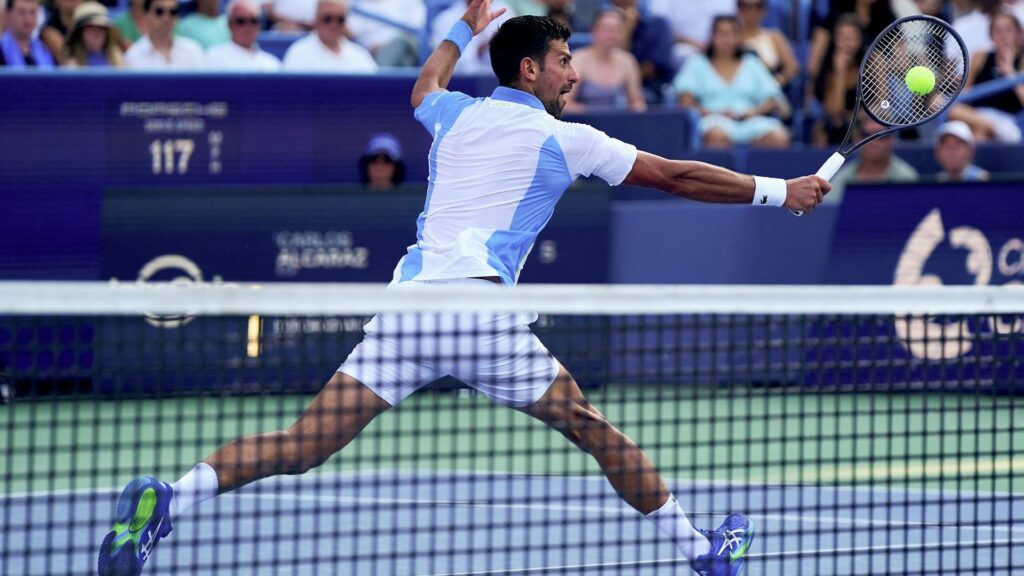
It is the rarest of things to see eras clash like this—we saw it when Steffi Graf played Serena Williams at Indian Wells in 1999 (young Serena prevailed in three sets), we saw it when Nolan Ryan pitched to Ken Griffey Jr. (Junior hit two home runs off the Express, but Ryan struck him out five times), we saw it when an aging Ali fought Larry Holmes (a terrible beating, sad to watch, and Ali’s trainer, Angelo Dundee, stopped the fight).
The only reason it’s happening here is that Alcaraz, at 20, is a phenomenon and complete, and already the No. 1 player on earth, and Djokovic, at 36—long after a great tennis player’s normal expiration date—remains a titan.
For the first few games, Djokovic played titanic tennis. He broke Alcaraz’s serve with a ferocious forehand and seemed to be in control—or, anyway, as much as anyone can seem in control against the wild bull that is Alcaraz. But Alcaraz broke right back with his own ferocious shots, and then something unexpected happened. Djokovic staggered. The heat got to him. He could barely move. He coughed uncomfortably. He looked repeatedly as if he would vomit.
His shots lost all of their force, particularly his backhand, which requires more effort. “Don’t hit it to his forehand,” Alcaraz’s coach, Juan Carlos Ferrero, implored his young star. Ferrero realized that Djokovic was desperate and that his only hope was to swing wildly at forehands and hope to catch one just right. Djokovic was a punch-drunk boxer swinging wildly for the knockout … but his shots had less and less force. He somehow stayed in the set on instinct and a few good serves, but there was never any hope of him winning it. Alcaraz got the second break, put away the set 7-5, and Djokovic went to the locker room to change clothes and find his life force again.
He could not. When Djokovic returned to the court, he brought only half of himself. He was out. Alcaraz broke him with some ease—the kid only seemed to be getting stronger—and this was the time for Djokovic to gracefully but certainly check himself out of Cincinnati. The sun was still beating down. The announcers were talking about Alcaraz having one hand on the trophy. Even if Djokovic COULD find some energy—and it looked so unlikely that he could—he would have to come all the way back from a set and a break down.
“It was,” Djokovic would admit, “at times, unbearable.”
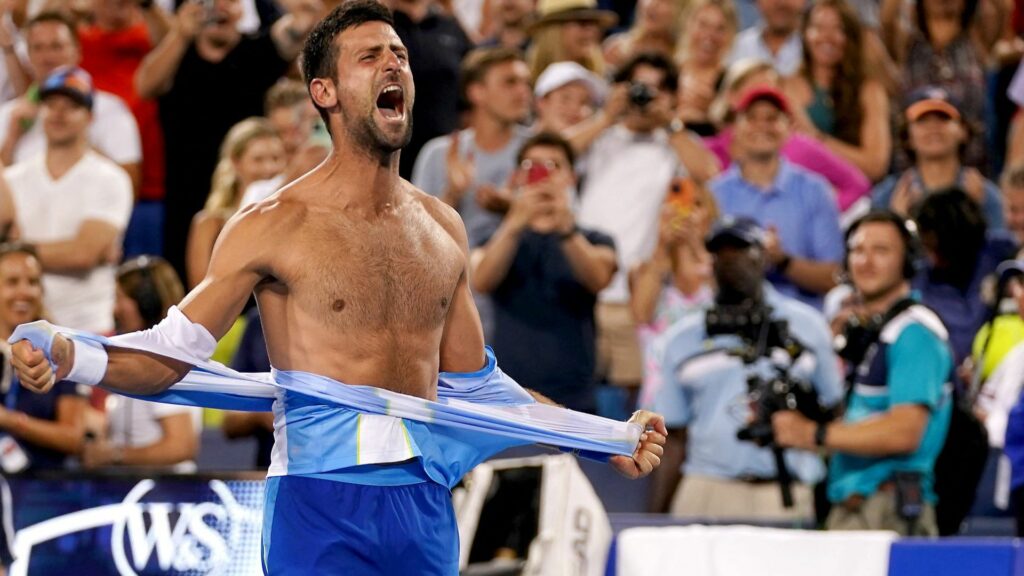
Then, with Alcaraz serving 3-2 up, something happened: Djokovic began to come back to life. It was subtle at first, so subtle that the announcers, Jason Goodall and Jim Courier, didn’t seem to notice it in the beginning, but Djokovic connected on his first clean winner in what seemed like at least an hour, and he chased down a drop shot, and as I said out loud (with no one else around), “Huh, he looked more Djokovicey there.”
He held serve with some ease and then settled in against the Alcaraz serve. He looked like—well, you know that scene in “Back to the Future” where Marty McFly is playing guitar at the party and he’s beginning to disappear and then his future parents kiss and he jolts back into existence? Yeah, he looked a bit like that. Djokovic began playing with some urgency, and a shaken Alcaraz made a slew of errors and gave back the break.
Goodall, before the match, had called Djokovic a nickname I have not heard before: “The Master of Puppets.” I don’t especially like the nickname, but it is true that Djokovic at his best controls opponents as if he has them on strings. And he was back, for the most part, to controlling the match, even though every shot was clearly taking a little bit of his heart.
Thing is, Alcaraz is uncontrollable. Djoker had chance after chance to break Alcaraz, but Carlito kept coming up with ever-more-incredible responses, he chased down everything, he hit epic winners, and it wasn’t until the tiebreaker and several long battles of attrition, that Djokovic was finally able to wear him down and take the second set.
That led to the third set, and both men were out on their feet, and yet somehow they kept hammering away at each other—it was like the last rounds of the Thrilla, when you couldn’t help but ask, again and again, “How is either fighter still standing?” You could understand, on a surface level, what Carlos was playing for. He had never won Cincinnati. He was playing an all-timer he had grown up watching. He had never played in a war quite like this one, not even at Wimbledon. The court was in shade, yes, but the heat and humidity lingered, like unwanted guests, and the match had passed the three-hour mark, and this was a moment for a young man to truly find out what’s inside him.*
*The cameras every so often would focus in on Juan Carlos Ferrero, who has been coaching Carlito since he was still a boy, and the look on Ferrero’s face, well, it sure looked to me like the look of pride, a look that said: “What a warrior.”
But what was pushing Djokovic? Another Cincinnati title? Nah. A chance to vanquish another young challenger? Well, how many times has he already done that? And as for the wars, nobody in tennis history has been in more of them—six hours plus in Melbourne, all those match points saved through the years against Roger Federer, five sets of will in Paris against Rafa, facing the crowd and Andy Murray on Centre Court at Wimbledon, and so many others.
And yet, Djokovic fought on, pushing beyond himself. Again and again he put himself in position to finally put Alcaraz away. Again and again, Alcaraz found answers. It was heavenly tennis, and hellish for the players at the same time. “Boy, you never give up,” Djokovic said after the match. “Jesus Christ. I mean I love that about you, but you know, sometimes I wish you maybe play a few points like this, you know,” and he made the motions of a player who is going at things halfheartedly.
The match went all the way to a tiebreak— by then Alcaraz’s hand was cramping up and he couldn’t grip the racket. Even so, he pressed on. But now it was Alcaraz who could not win. Djokovic aimed a couple of shots to Alcaraz’s forehand, and that was that, Djokovic d. Alcaraz 5-7, 7-6 (9-7), 7-6 (7-4).
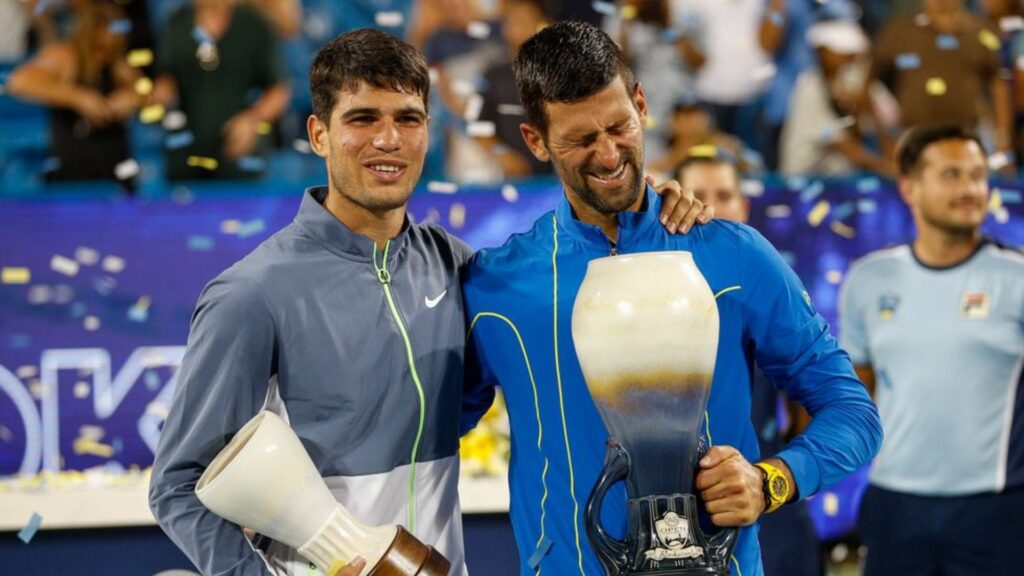
When it ended, Djokovic fell to the court as if he had won the biggest tournament in the history of the world. Which, in a way, he had. It was the longest Masters 1000 match ever, and surely the most grueling. When the story of Djokovic is told, this match might not be featured. Greatness in tennis seems to be defined by grand slam victories. Djokovic’s connection is to his own generation, to Federer and Nadal, they are the Big Three.
But this match SHOULD be featured. You know, when Novak was young, the talent was obvious, and the question that surrounded him was about seriousness. He liked to joke around. He retired from some matches. He bounced the ball on his serve repeatedly, over and over, 20 times, 30 times, as the nerves nearly paralysed him.
But just as Ali showed his true self in the ferocious final rounds against Frazier, so Djokovic did on Sunday afternoon in the second and third sets of a scorching day in Cincinnati, against a phenom who was two years old when Novak played in his first grand slam tournament. Novak has played better tennis. But he was never better.
Related:









